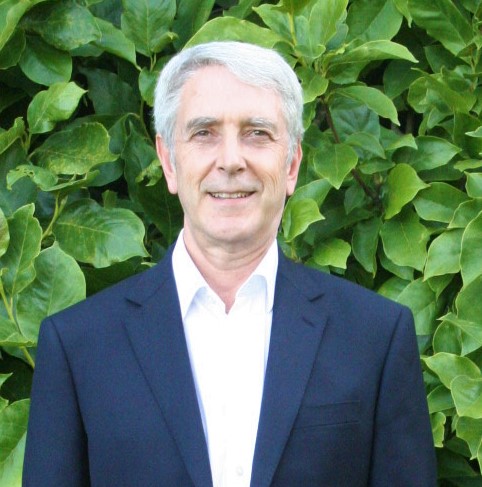Paul Ekblom

Visiting Professor, Department of Security and Crime Science, University College London (United-Kingdom)
As a researcher in the UK Home Office, Paul Ekblom led diverse crime prevention projects. He then spent 10 years as Professor (now Emeritus) at the University of the Arts London Design Against Crime Research Centre. He is also Visiting Professor at the Department of Security and Crime Science, UCL and the Applied Criminology and Policing Centre, University of Huddersfield. Current work covers horizon-scanning, design, and developing knowledge frameworks – for general crime prevention, CPTED, community safety, problem-oriented policing, cybercrime and counter-terrorism. Paul also writes on technology and crime, and crime/terrorism arms races. He is a member of Efus’ Security & Innovation Working Group.
Do you have any specific hopes or predictions for the future of urban security? (What will urban security look like in 30 years? What will be the main opportunities and risks?)
I believe that climate change and its many consequences will have the greatest impact on urban security issues, exacerbating personal, local and regional conflicts and competition for resources and making smart, resilient and equitable security designs, procedures and processes ever more important.
Why do you think it is so important to involve citizens in urban security practice?
Citizens have a right to be involved in the security of their communities. In practical terms, they can contribute problem- and locality-specific knowledge and help generate acceptable solutions; ownership by citizens should facilitate implementation.
